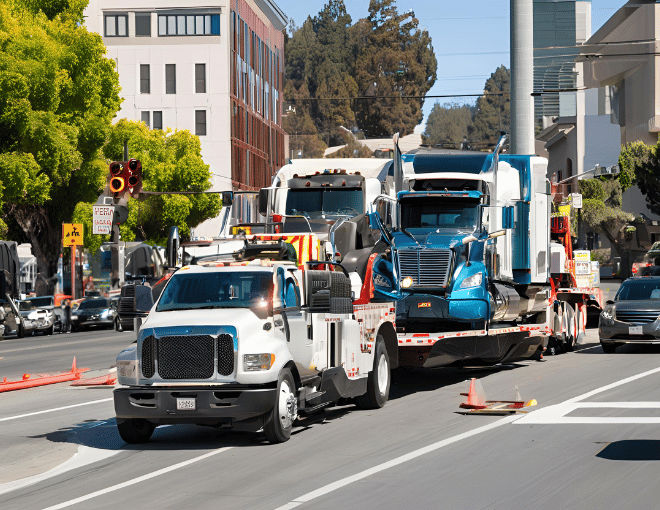Housing and housing policies are often accused of ineffectiveness and too much complexity. No doubt this should be seen as one of the consequences of the intense legislative production to which they have given rise for a good ten years. Rather than deploring what appears at first analysis to be inconsistency on the part of the legislator, we must try to understand the main determinants of this complexity. These come in four dimensions. The first two refer to the economic specificities of housing; the next two to the plurality of policies and their issues.

A market good
Housing is first and foremost a private good subject mainly to market mechanisms, you can choose what kind of house you want to choose, you can customize indoor and outdoor. In indoor you can buy some furniture for your room such as a sofa, lamp shades, storage beds, etc. Admittedly, it gives rise to public policies aiming at objectives to which we will come back, but not only are the authors of these policies not the direct actors of the system (with very rare exceptions, neither the State nor the local authorities build or do not directly manage to house), but in addition, if we exclude the social housing sector (which owns just under 5 million out of 34 housing units) and a few institutional investors (now less than 300,000 housing units), these are mainly individuals who operate this market. The result is a system governed by a very strong fragmentation of logic and individual strategies for housing, saving, investing, and transmitting.
Great inertia
The second dimension inherent in the housing sector is its very great inertia. From an economic point of view, housing is a durable good that is not destroyed by its consumption, its lifespan is particularly long. To understand how it works and try to act on it, it is, therefore, necessary to differentiate between stocks (what in the jargon of the sector is called the “park”) and flows (mainly construction, works, sales in the sector). ‘old, household mobility). An important part of public policies aims to act on flows (building, improving, facilitating access to housing, etc.). To measure the real impact, it is, therefore, necessary to relate these flows to stocks. If we know, for example, that the intensity of new housing construction (a little less than 330,000 housing units per year on average over the past 25 years) represents barely 1% of the country’s housing stock each year (34 million units in 2014 ), we can put into perspective the magnitude of the “supply shock” that could generate an increase in production, the main axis of the ELAN bill, which intends to facilitate the release of land and simplifies standards and procedures. The inertia of the system can also be read in terms of the slowness of the processes. It is estimated, for example, that between the decision-making, by a promoter or a social landlord, of the launch of the construction of a building and the handing over of the keys to its first occupants, it takes between three and four years.
Multi-stakeholder policies
The third dimension of the complexity of the sector relates to the diversity of the targets of the policies implemented. The idea that housing and housing policies have the sole aim of ensuring that the population is well housed does not stand up to scrutiny for long. Of course, this issue alone justifies a permanent ministry in charge of this policy, but this register masks others, economic and urban. The social issue of policies refers to the notion of “housing needs”: the “norm” is that everyone must be housed and well housed. As the market does not always succeed, it is necessary to correct the mechanisms. These corrections take two complementary forms but are often compartmentalized. The first seeks, in a very open way, to make possible the residential paths of all households in order to respond to changes in their family composition, their resources, their place of work, and even their aspirations. This is what justifies the support given to social housing, rental investment, homeownership, and, more generally, everything that encourages an abundant, diversified, and financially accessible supply. We are there in the registers of planning and construction. The second form that the social dimension of housing policies takes can be summed up under the label of the “right to housing”, a fundamental right enshrined in article 1 of the law of July 6, 1989. Its implementation, mainly focused on the resolution of the most difficult situations, “poor housing”, is based on individualized procedures, the prevention of evictions, the construction of integration pathways, in short on the register of social work. These two forms of public action around the social issue of housing policies use very different professional cultures and distinct political and administrative support, associating the State with public establishments for inter-municipal cooperation (EPCI) for the first and to departments for the second.

 San Jose, a bustling center in California, is well known for more than just its technology industry, as it has an extensive transportation network that includes the provision of big truck towing San Jose companies. Changes in political dynamics will fundamentally alter the future of this vital sector.
San Jose, a bustling center in California, is well known for more than just its technology industry, as it has an extensive transportation network that includes the provision of big truck towing San Jose companies. Changes in political dynamics will fundamentally alter the future of this vital sector.
